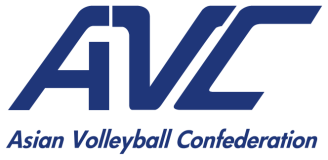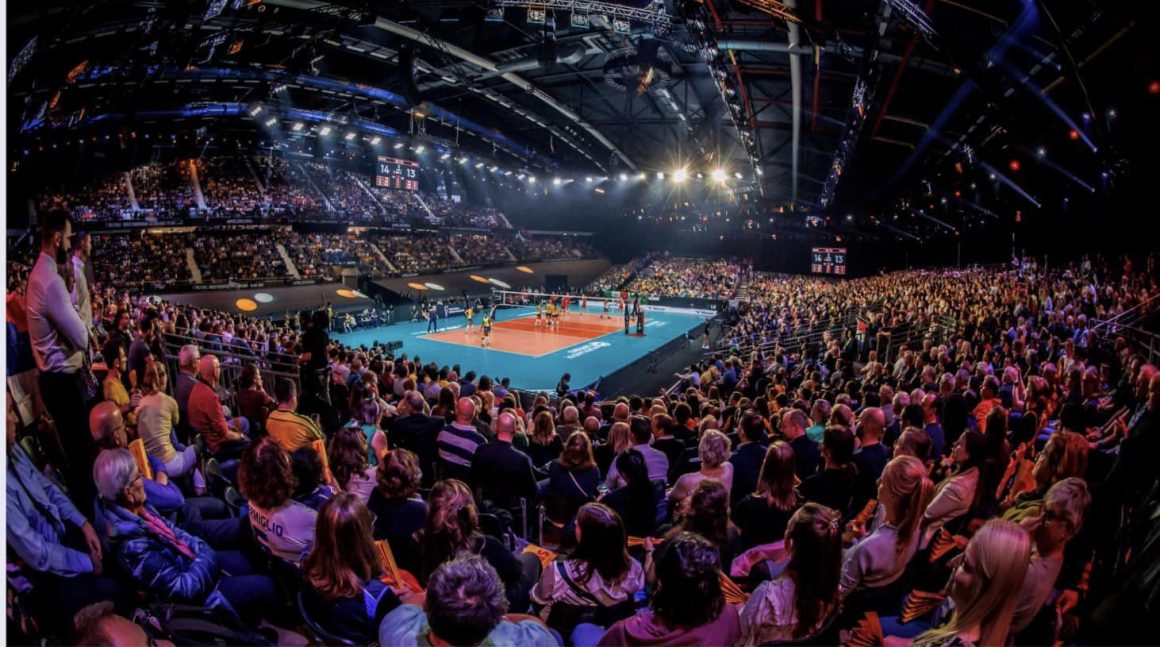Strengthening fairness, transparency and integrity in volleyball
The FIVB Board of Administration recently approved several amendments to the FIVB Sports Regulations, specifically focusing on FIVB Licensed Agents and changes of Federation of Origin, to further enhance fairness, transparency and integrity within the sport.
The amendments related to change of Federation of Origin in the FIVB Sports Regulations will come into effect on 21 September, three months (90 days) after the FIVB Board of Administration approved the changes on 23 June 2023.
Changes to the Federation of Origin regulations are set to introduce a more stringent residency requirement. Players must now establish a residence in their proposed new country for a minimum of three consecutive years, as opposed to the previous requirement of two years.
Furthermore, an additional general condition has been introduced, whereby players looking to change must not have represented the senior national team of their Federation of Origin. Additionally, changes of Federation of Origin will take effect two years after the notification of the decision of the FIVB Executive Committee on the change.
The FIVB Board of Administration also approved revisions to the administrative fee structure for changing the Federation of Origin. The fixed fee has been replaced with a more flexible scaled fee system that considers the time of investment of the player by the original Federation of Origin and the difference in category of the National Federations (NFs). This change aims to provide a fairer and more proportionate approach to solidarity compensation associated with the development of players who change Federation of Origin.
NFs and leagues will need to transition from a quota system to a “homegrown player” rule for national registration. The term “homegrown player” can be defined by each NF, although the Board of Administration strongly encourages that no restrictions should be imposed on foreign liberos, based on the FIVB Technical and Coaching Commission’s recommendation.
In addition, comprehensive revisions of the regulations governing FIVB Licensed Agents were approved by the FIVB Board of Administration. These changes represent the first comprehensive overhaul of the agent regulations since 2014 and are designed to ensure greater transparency and prevent conflicts of interest.
The updated agent regulations include a clear definition of conflicts of interest, particularly addressing the issue of dual representation, i.e. an agent representing both a player and a club simultaneously, thereby enhancing transparency within player-agent relationships.
Moreover, the regulations now provide express conditions on the licensing process for national agents, particularly in cases where National Federations have established their own rules in this regard. These conditions aim to streamline the agent licensing process and ensure compliance with the established standards set by the FIVB.
These changes signify the FIVB’s commitment to constantly review and update its regulations, ensuring a fair and competitive environment for athletes, while also safeguarding the integrity of the sport. The FIVB Board of Administration’s endorsement of these revisions marks an important step forward in maintaining the highest standards within the volleyball community.
QUICK LINKS
AVC Website: click www.asianvolleyball.net
AVC Facebook: click www.Facebook.com/AsianVolleyballConfederation
AVC Twitter: click: www.twitter.com/AsianVolleyball
AVC Instagram: click: https://www.instagram.com/avcvolley/?hl=en
AVC Youtube: click: Asian Volleyball Confederation
AVC WeChat: Asian Volleyball Confederation

